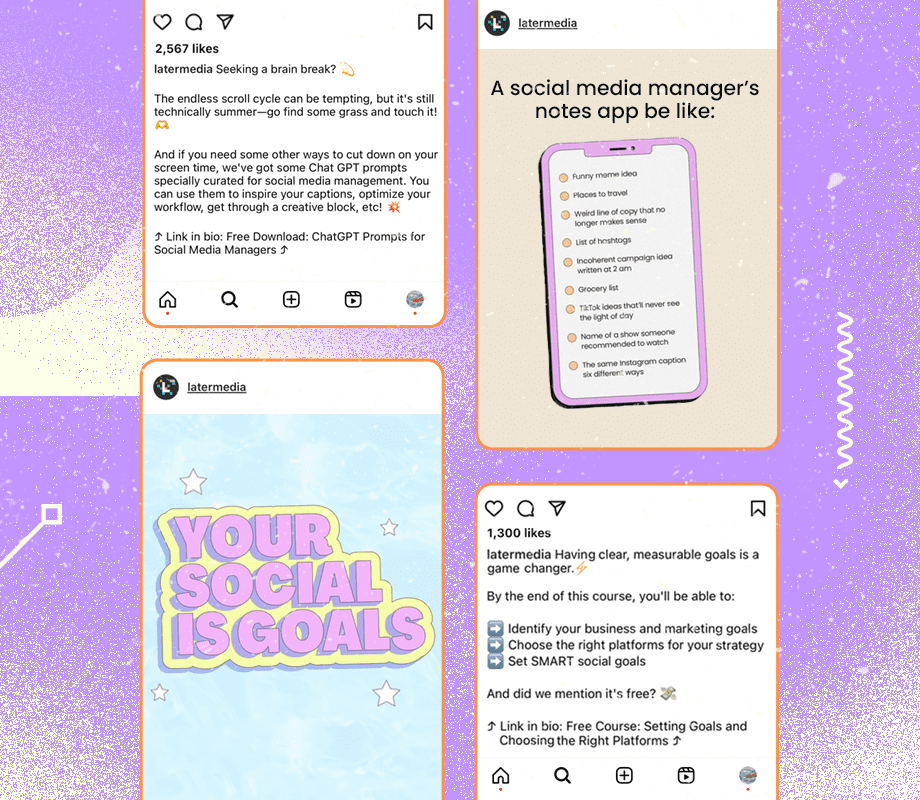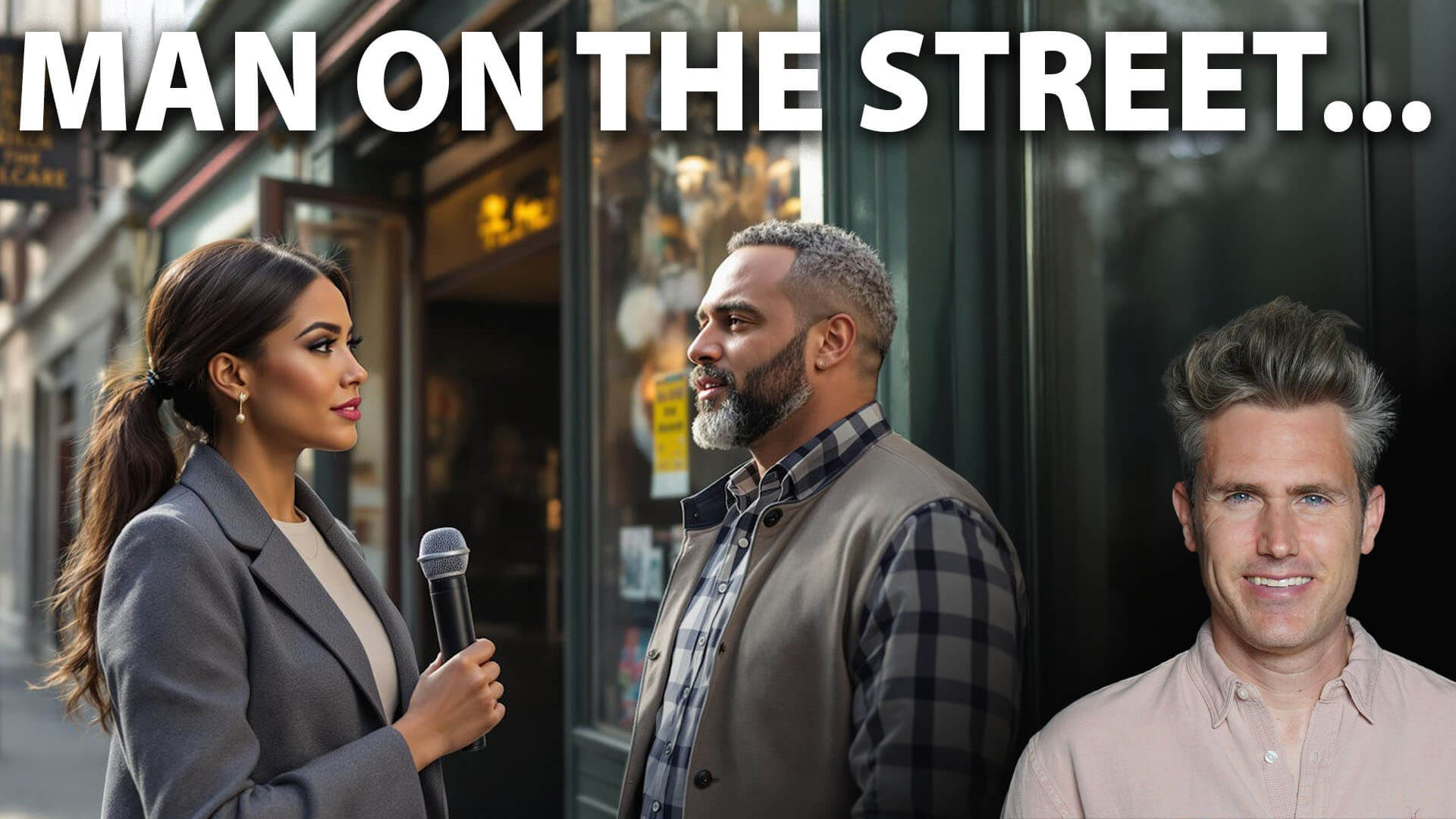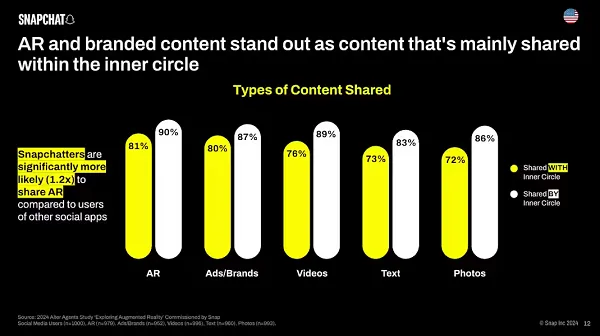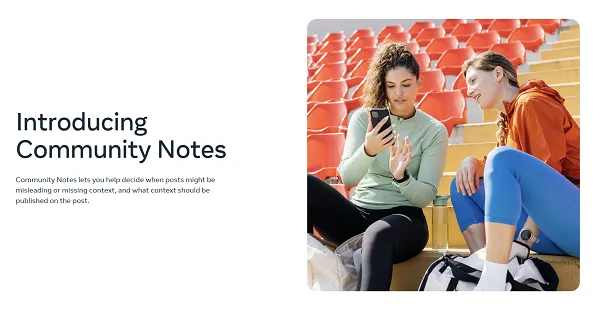LOCA
Sal and Charo, both in their early 20s, are relative newcomers to the city. Charo arrived first, after an uncle living in the United States agreed to adopt her so she could immigrate more easily. As if repaying her debt to him and sending money to her parents back home weren’t hard enough, she’s now a mother. Her daughter’s father means well, but Charo suffocates under the weight of his expectations and those of the Bronx’s Dominican community. Moving to the U.S. was supposed to liberate her, but instead of freedom she’s got nothing but responsibility. Meanwhile, Sal can’t escape the memory of a horrific crime committed against one of his closest friends, the event that propelled him to leave Santo Domingo. As he’s navigating through his identity as a gay Latine man and the anguish of grief, he falls for a man who welcomes him and Charo into his friend group, offering them a refuge in his corner of New York’s queer community. Perhaps if they try, they can and do belong. This is pre-9/11, pre-Bloomberg New York. Members of the Dominican community still reel from past wars in their home country and the violence in their new one. People outside of New York barely know the island nation exists and are perplexed by folks like Sal and Charo, who look Black to them but speak English by way of Spanish. Marriage equality and PrEP are more than a decade away. This historical context isn’t in the book exactly, but that’s the point—Charo and Sal need to grapple with their individual and collective pasts and the uncertainty of the future. What would the 2000s hold? A good question, but like its protagonists, the book meanders. For readers looking for more of a vibe than a plot, this is a solid debut about working through the confusion of intersectional identities and trauma.


Sal and Charo, both in their early 20s, are relative newcomers to the city. Charo arrived first, after an uncle living in the United States agreed to adopt her so she could immigrate more easily. As if repaying her debt to him and sending money to her parents back home weren’t hard enough, she’s now a mother. Her daughter’s father means well, but Charo suffocates under the weight of his expectations and those of the Bronx’s Dominican community. Moving to the U.S. was supposed to liberate her, but instead of freedom she’s got nothing but responsibility. Meanwhile, Sal can’t escape the memory of a horrific crime committed against one of his closest friends, the event that propelled him to leave Santo Domingo. As he’s navigating through his identity as a gay Latine man and the anguish of grief, he falls for a man who welcomes him and Charo into his friend group, offering them a refuge in his corner of New York’s queer community. Perhaps if they try, they can and do belong. This is pre-9/11, pre-Bloomberg New York. Members of the Dominican community still reel from past wars in their home country and the violence in their new one. People outside of New York barely know the island nation exists and are perplexed by folks like Sal and Charo, who look Black to them but speak English by way of Spanish. Marriage equality and PrEP are more than a decade away. This historical context isn’t in the book exactly, but that’s the point—Charo and Sal need to grapple with their individual and collective pasts and the uncertainty of the future. What would the 2000s hold? A good question, but like its protagonists, the book meanders. For readers looking for more of a vibe than a plot, this is a solid debut about working through the confusion of intersectional identities and trauma.












_2.jpg)

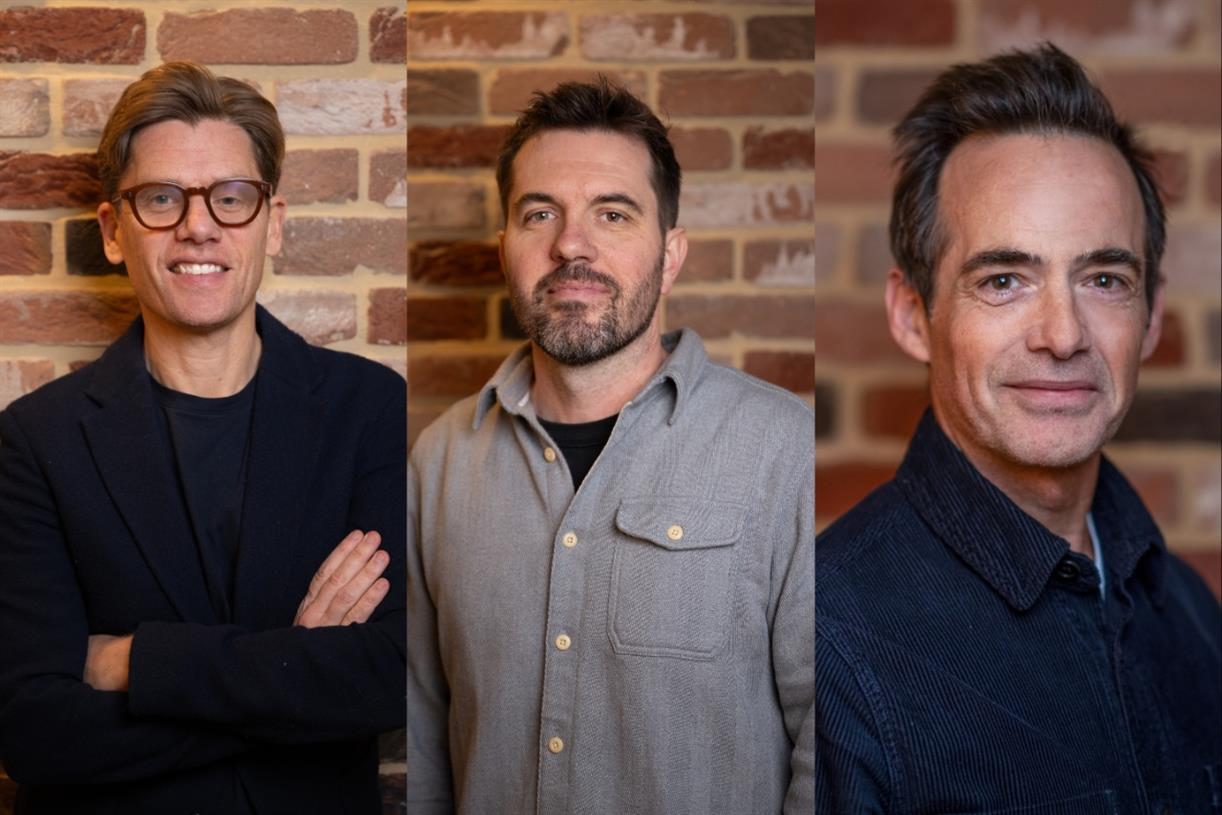
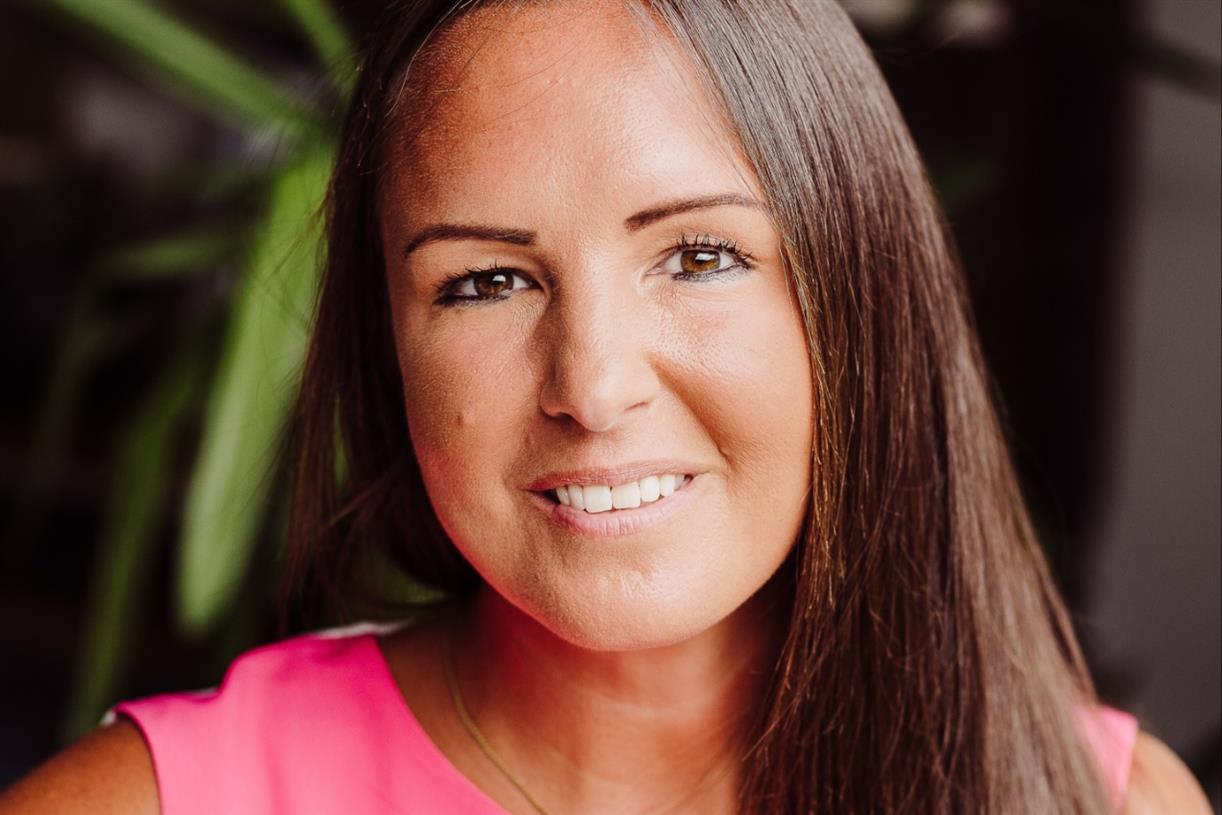

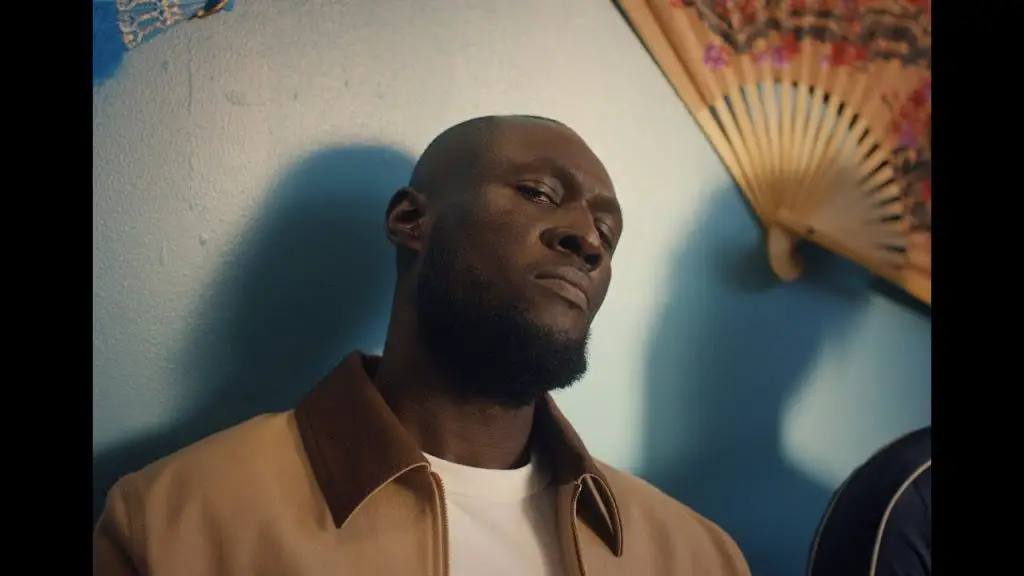
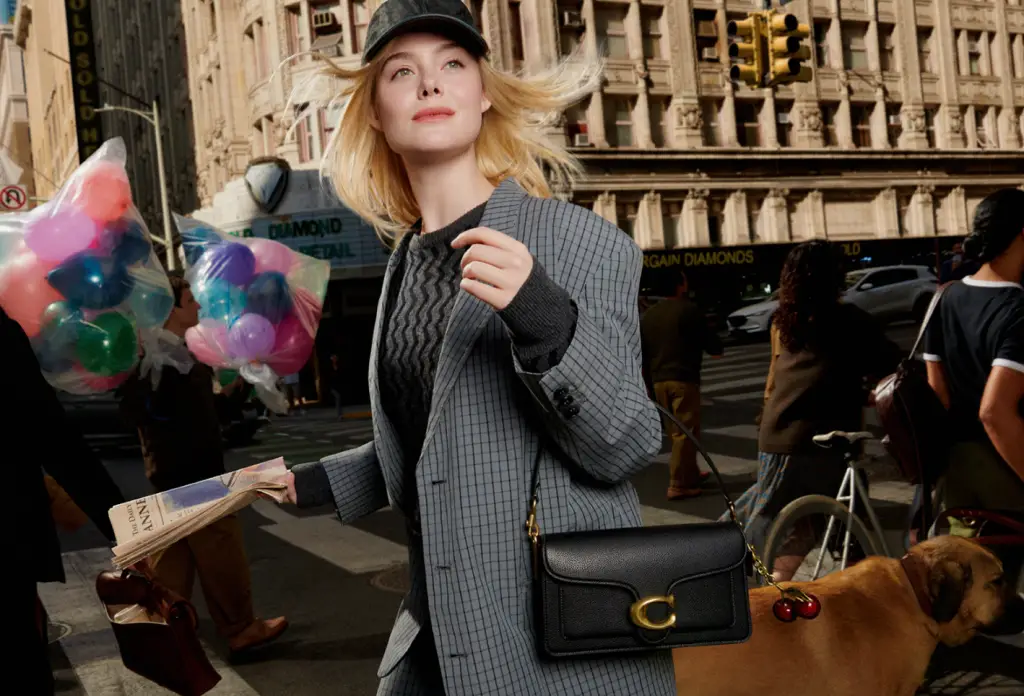



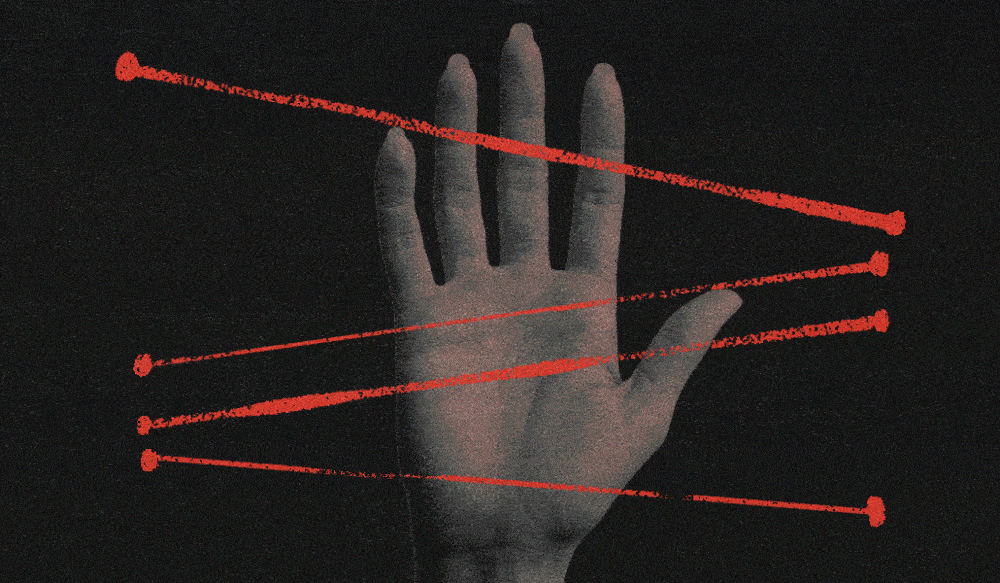
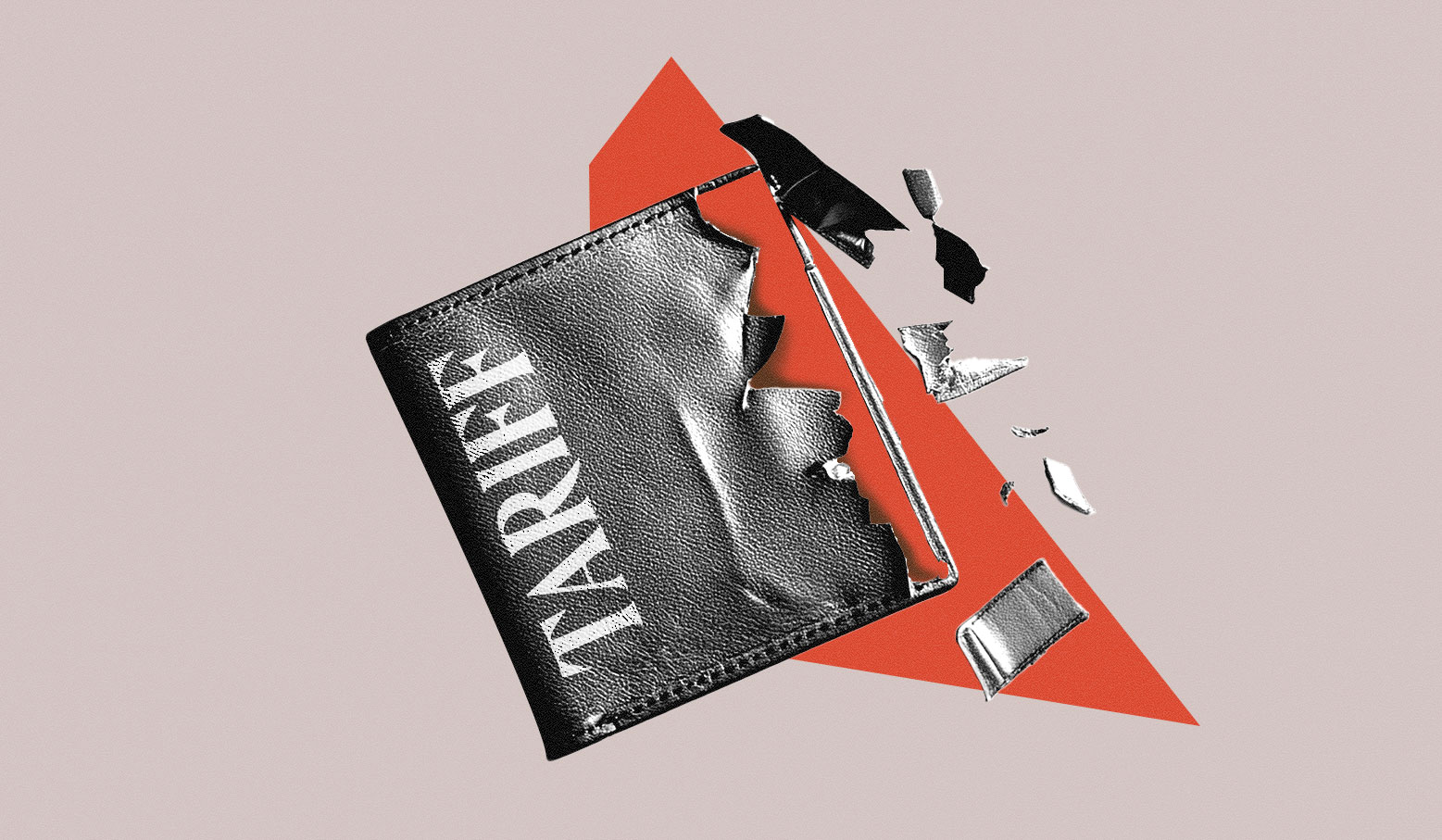
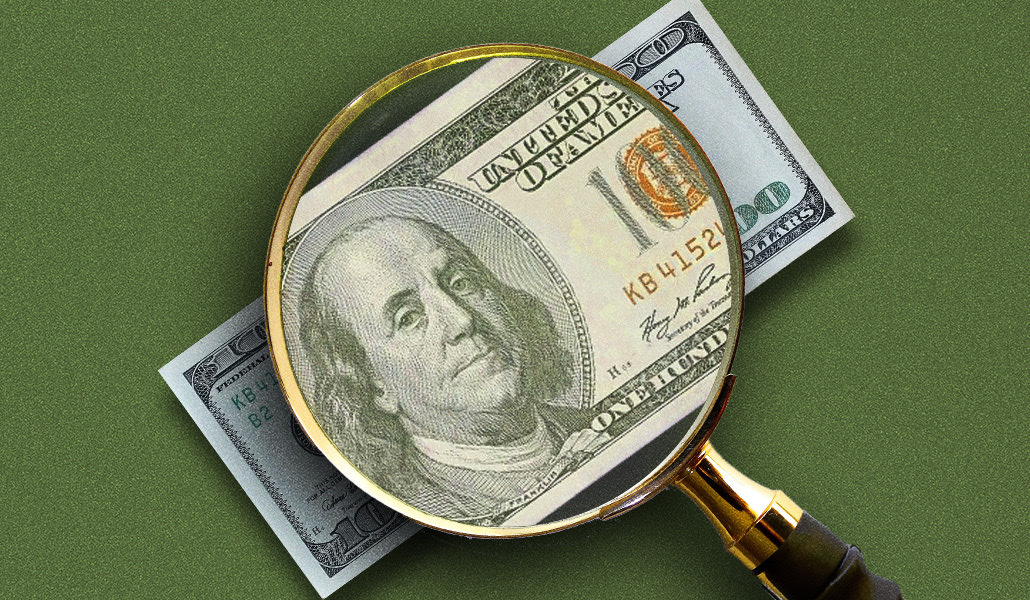
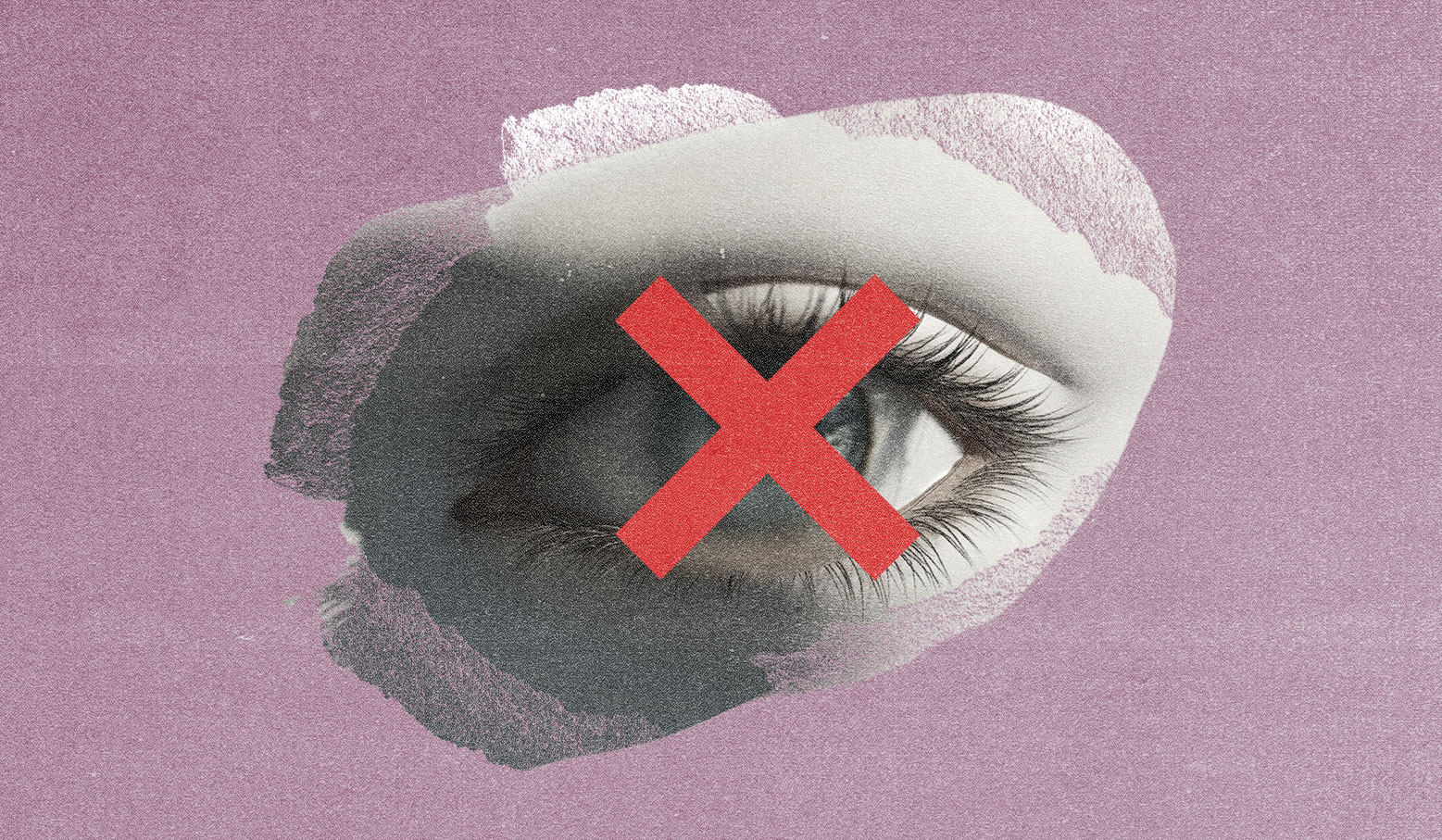









.png)

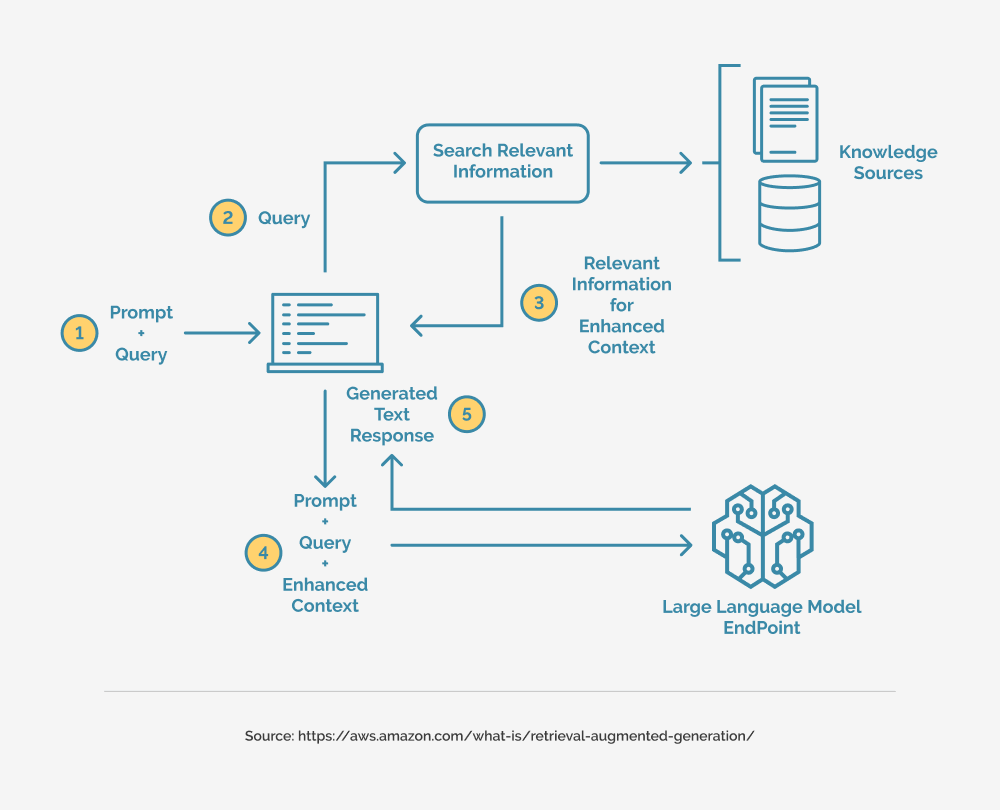


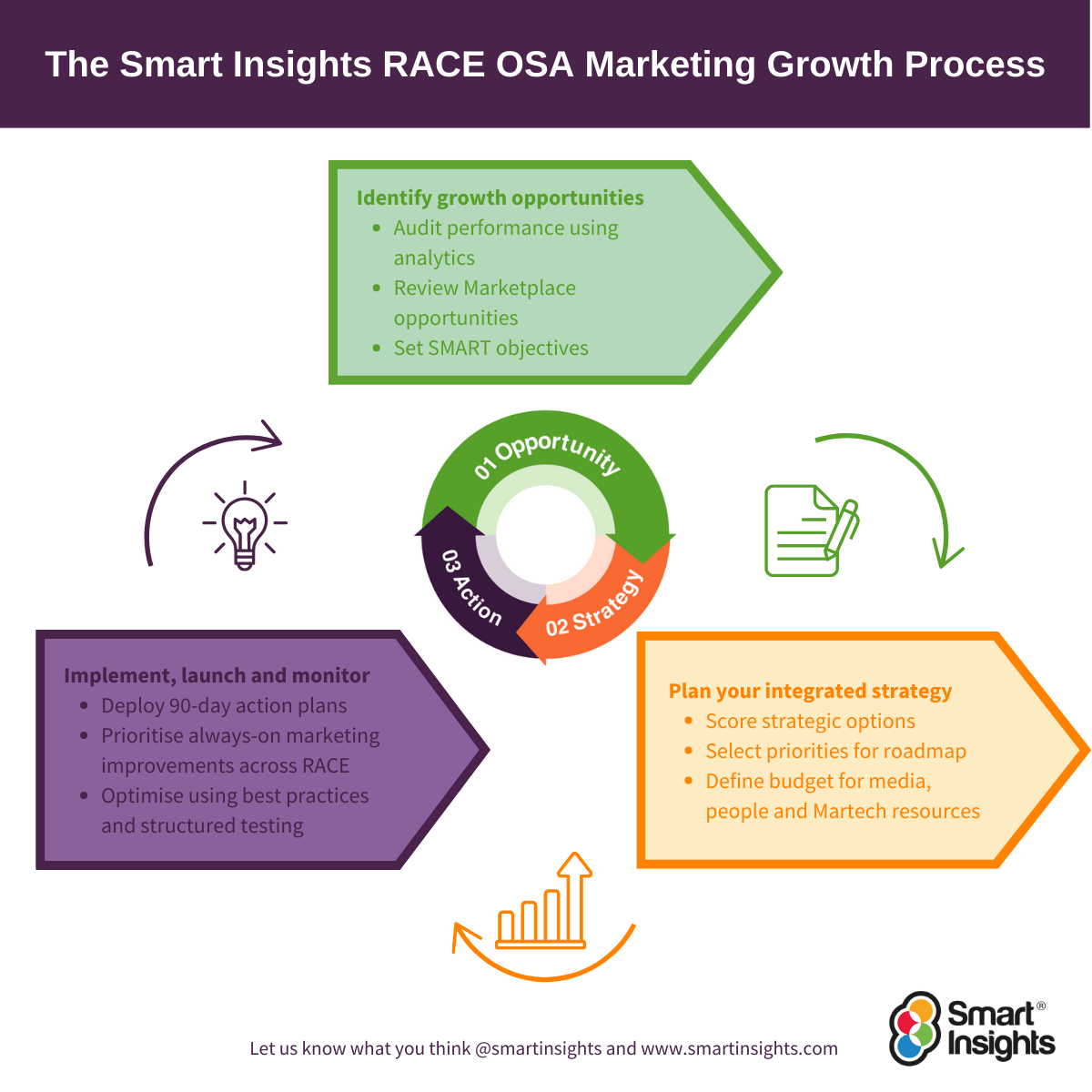





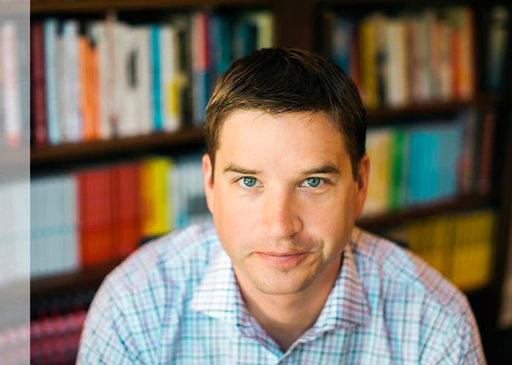
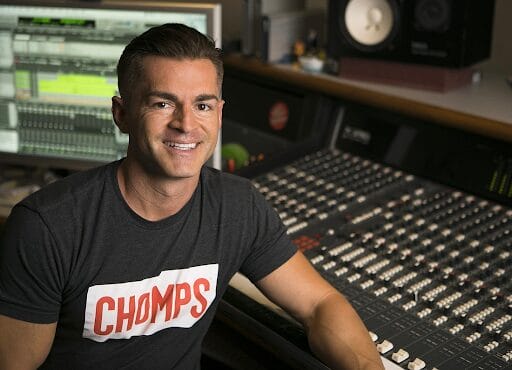
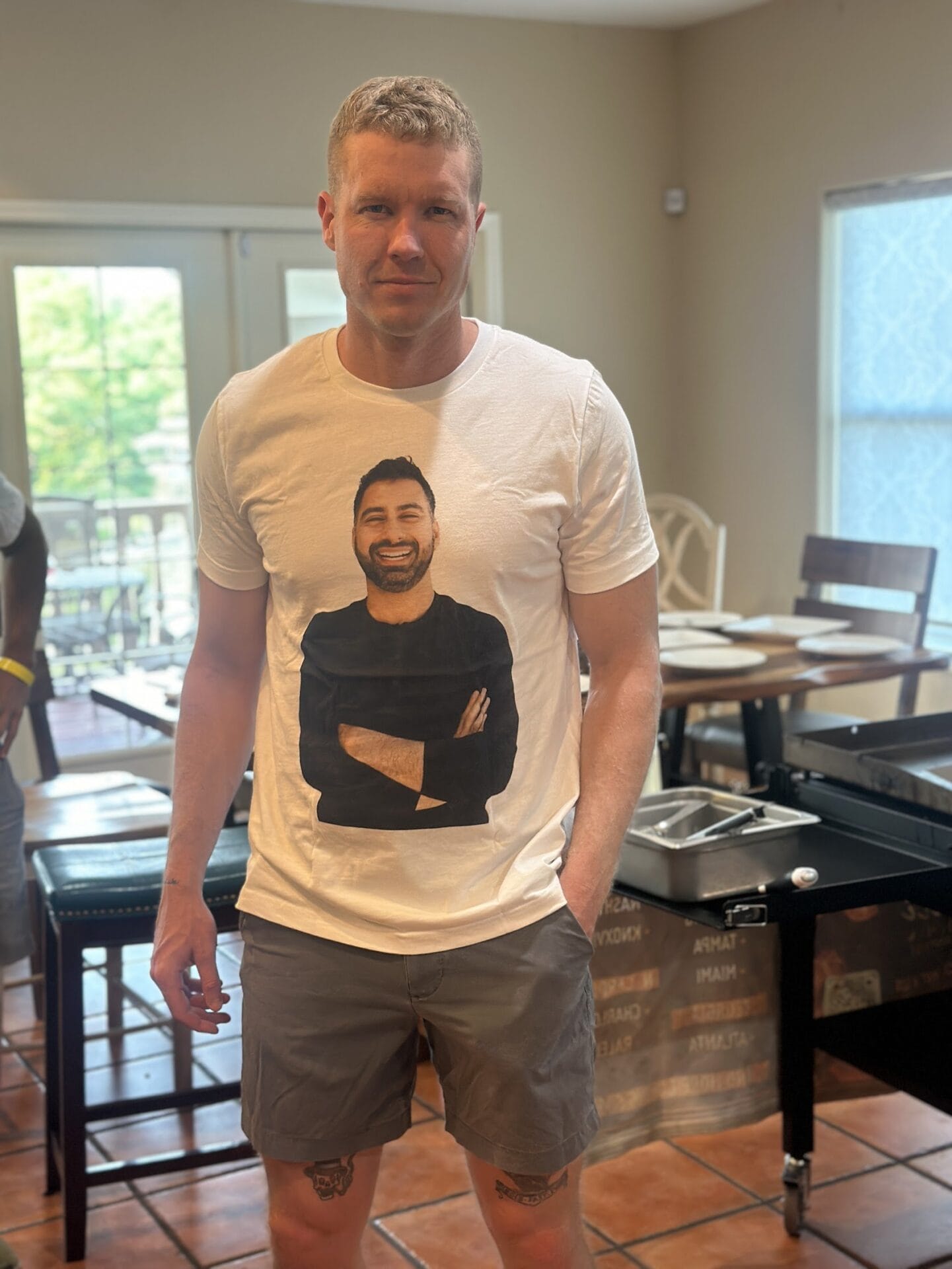









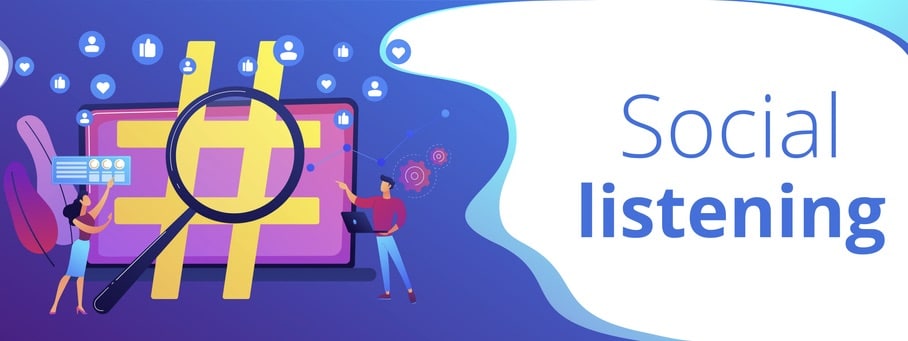
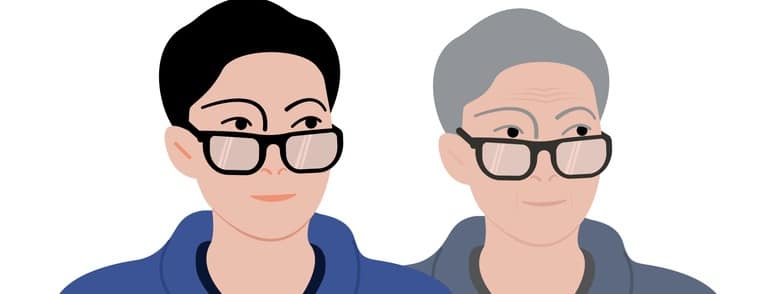

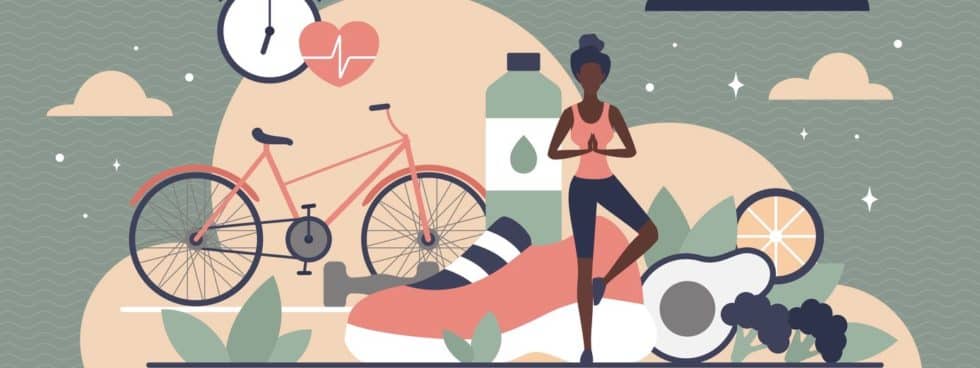


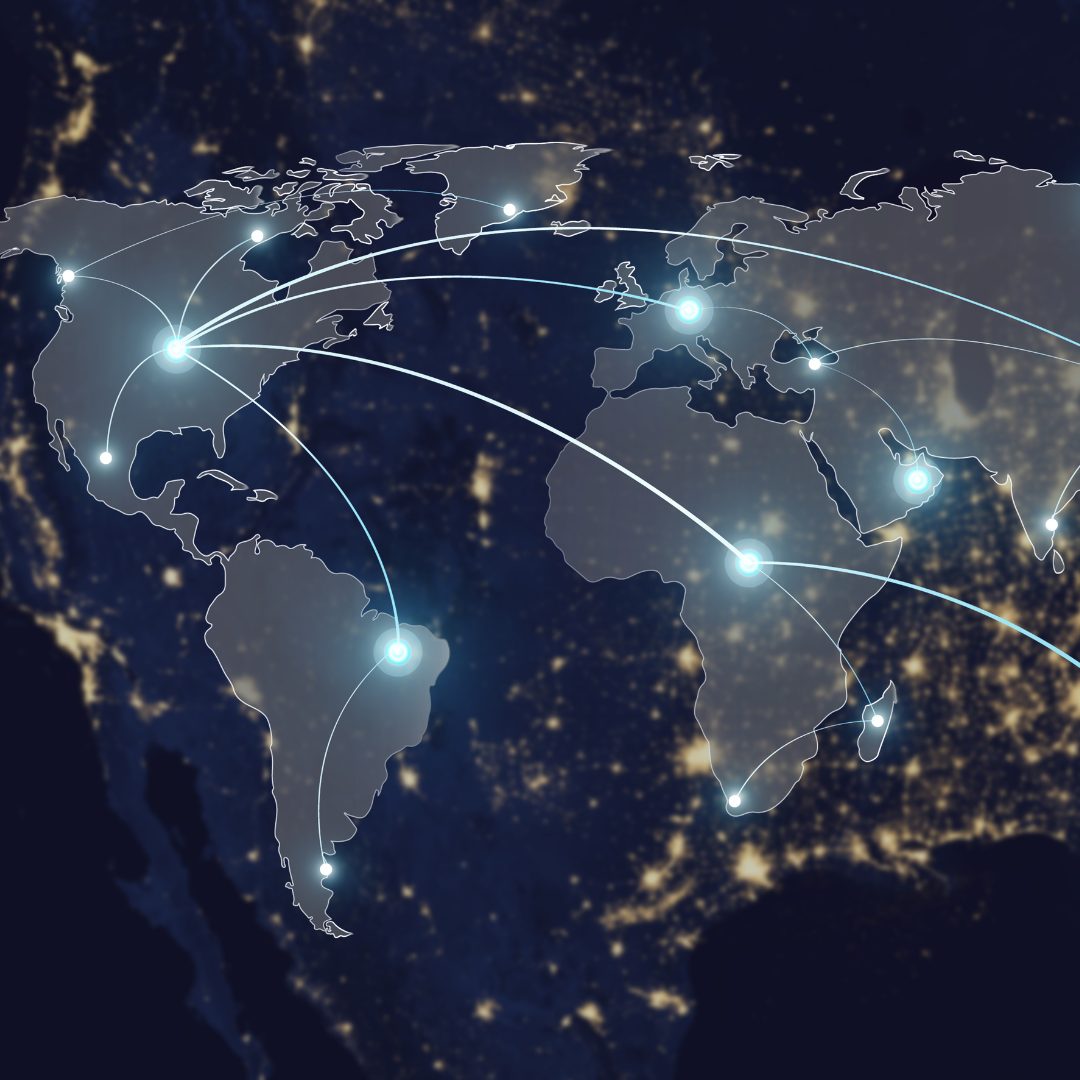




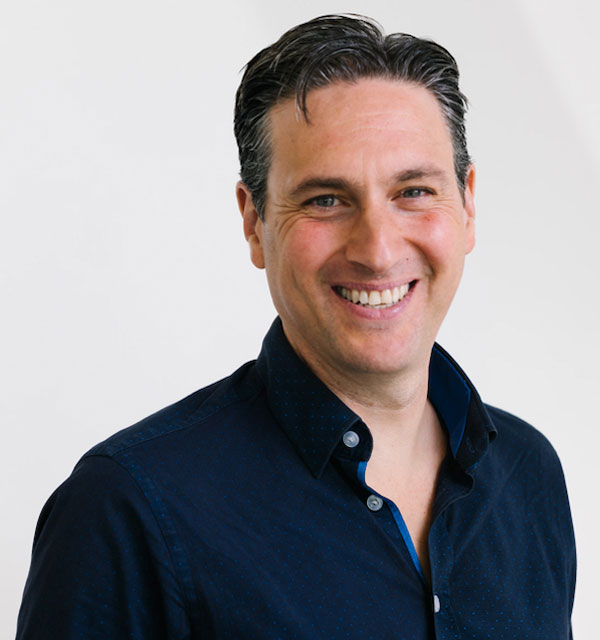
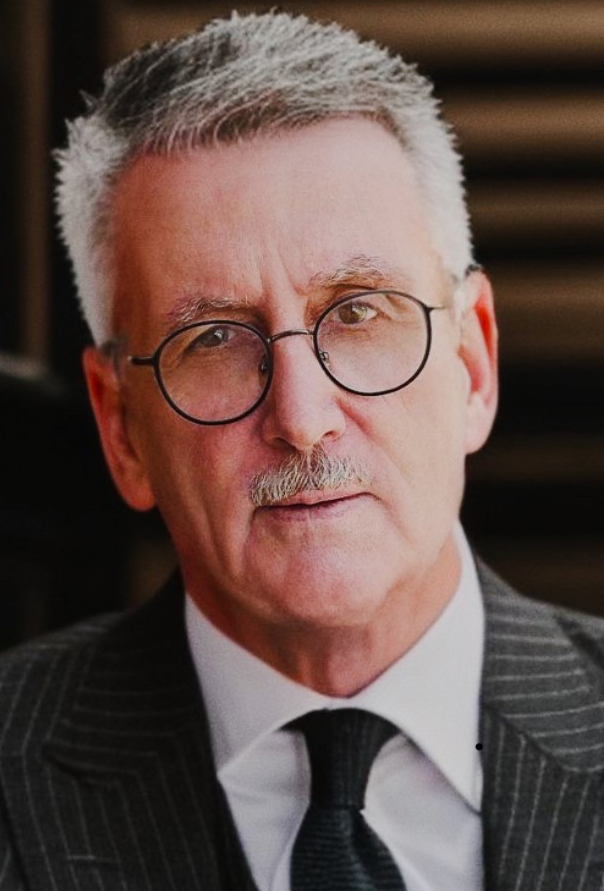















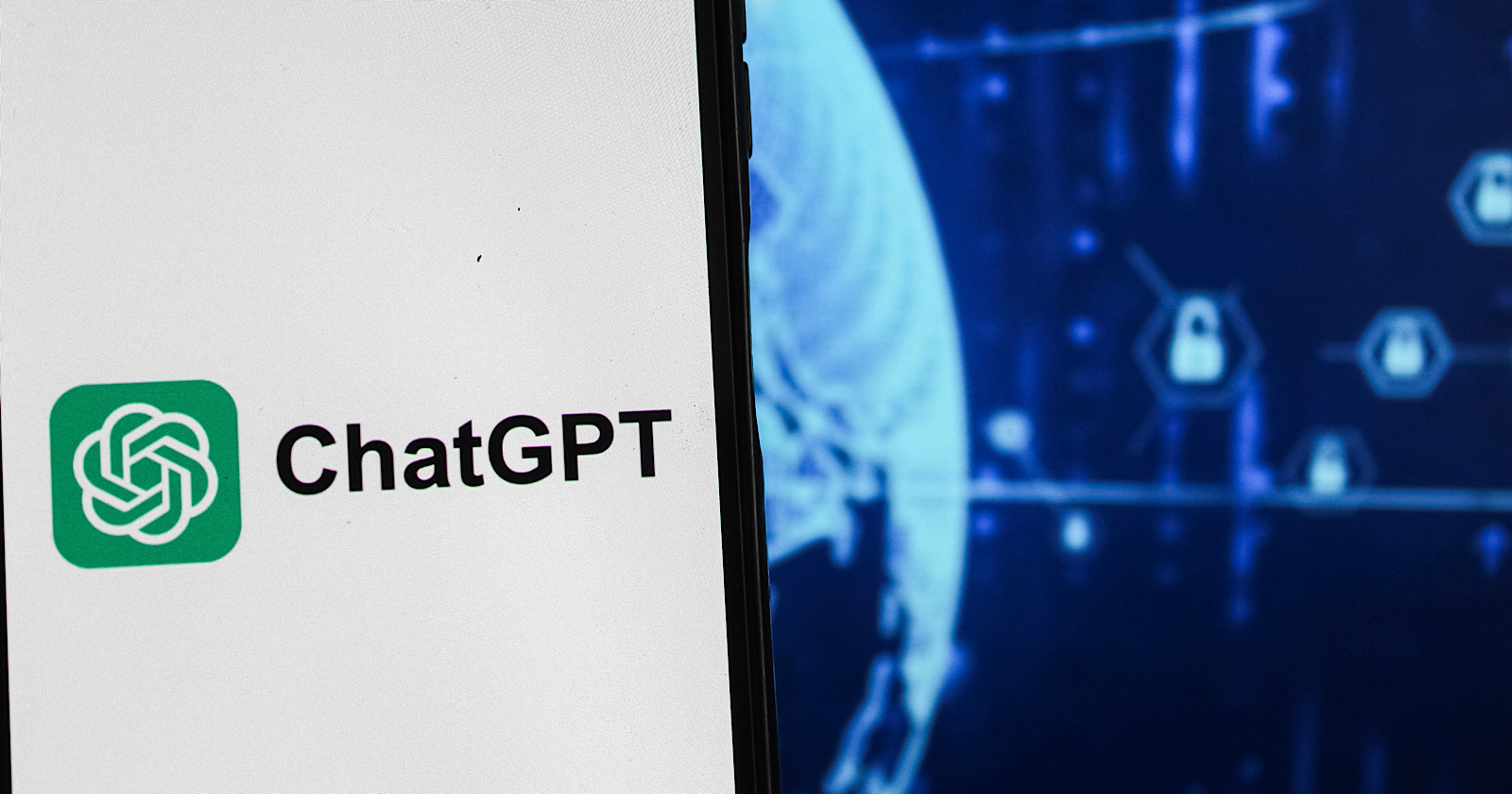
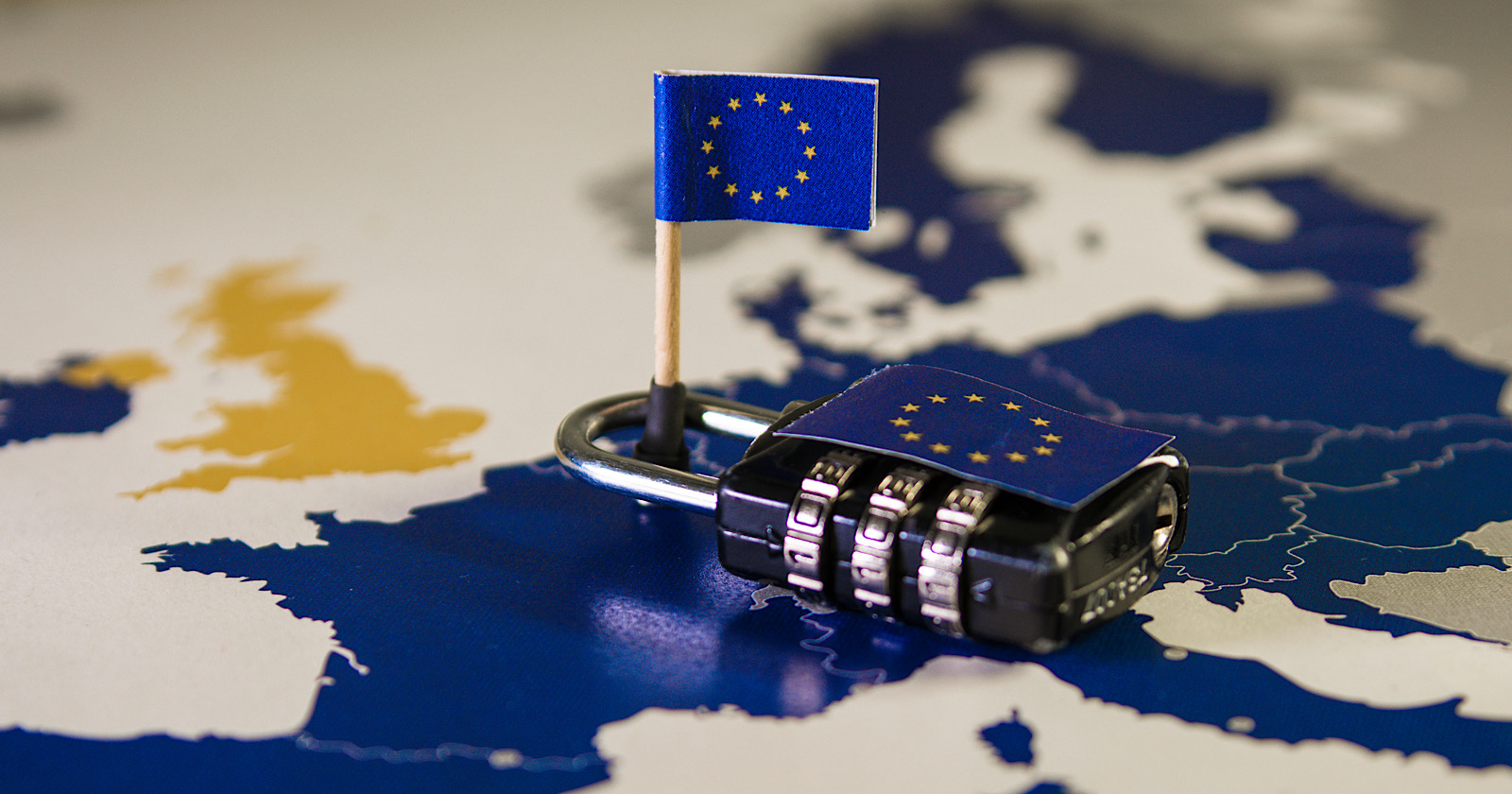





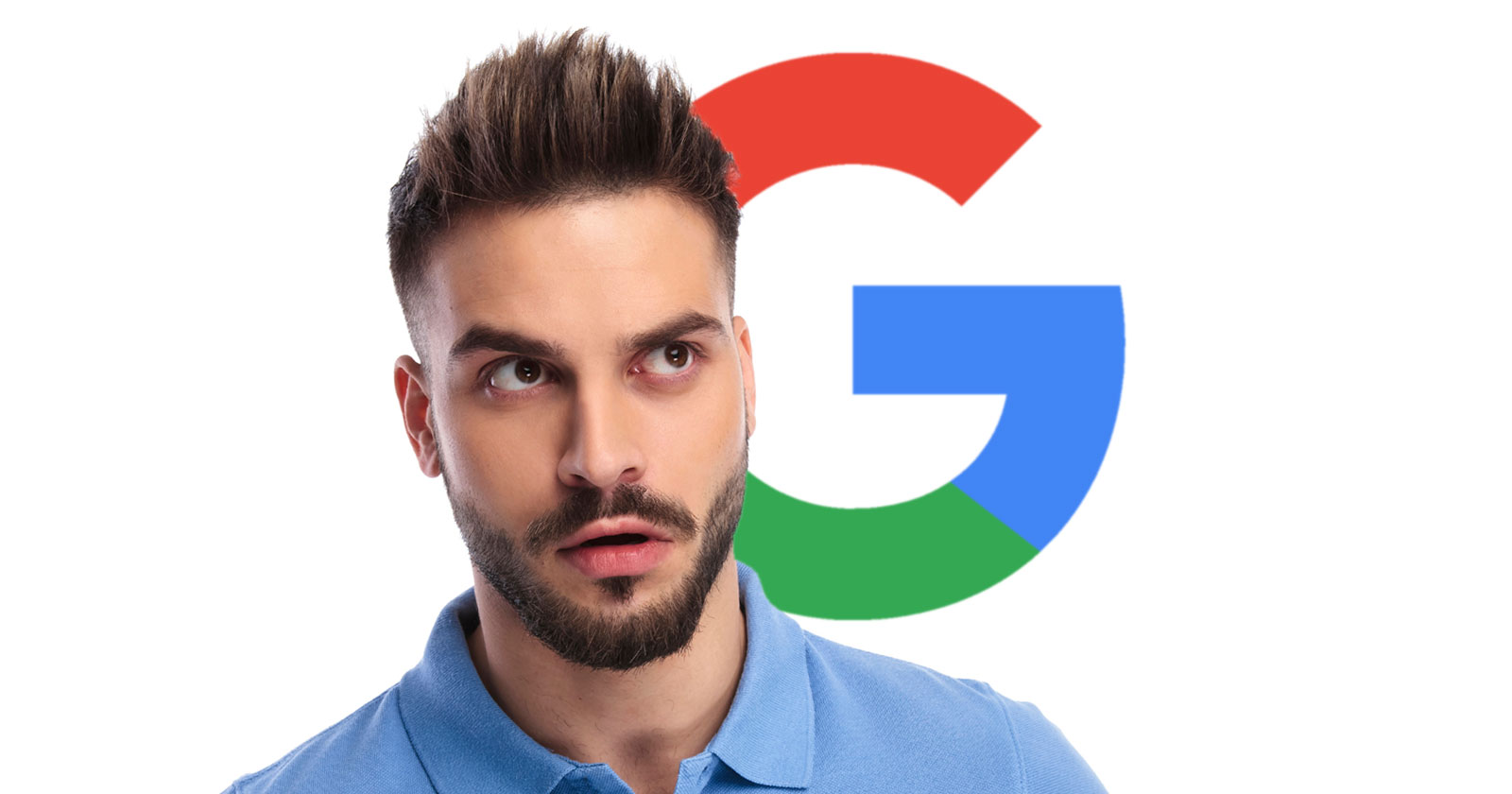










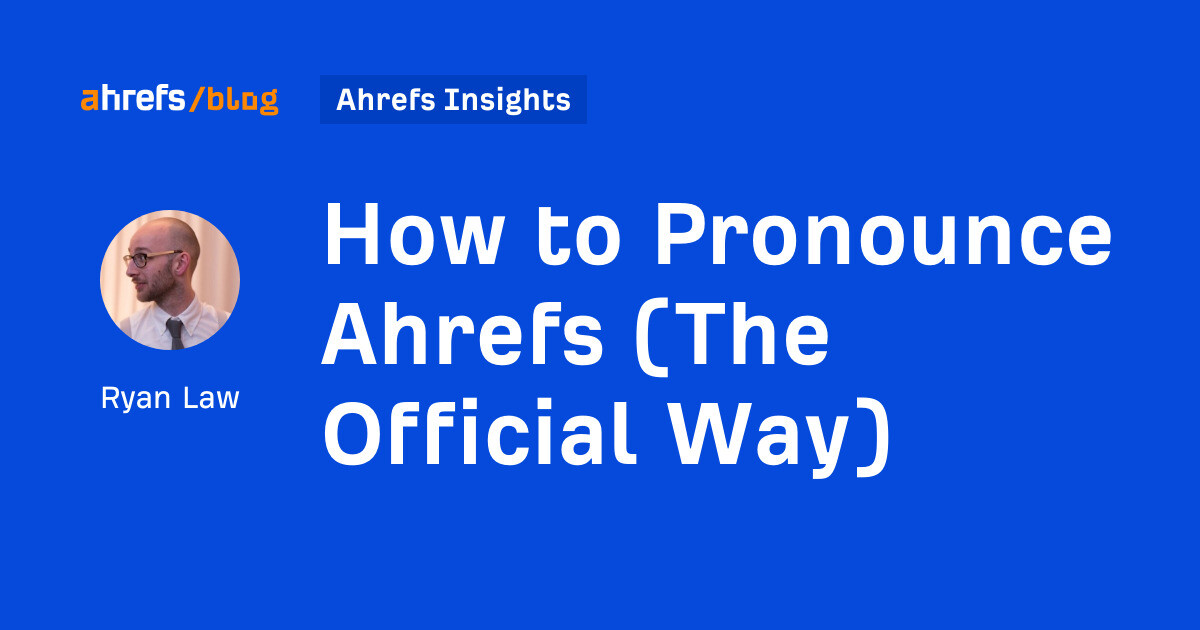



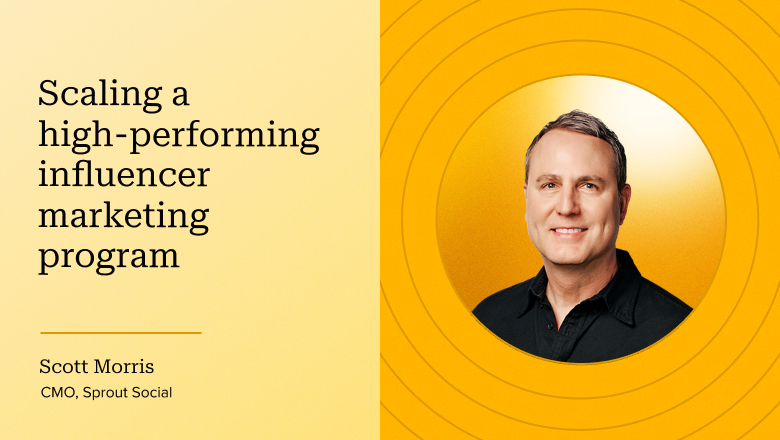

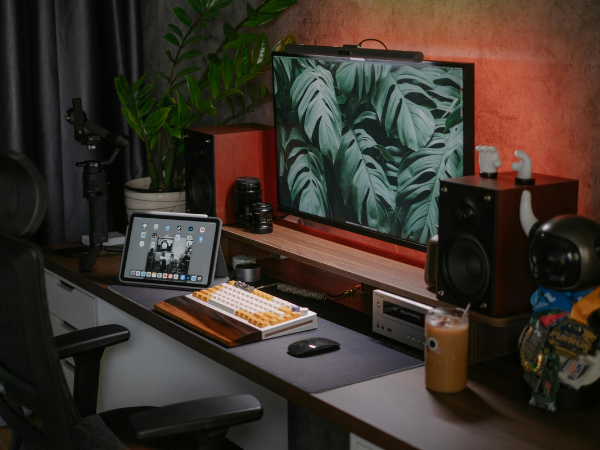






![Master Marketing Personalization with a Data-Driven Approach [Book Excerpt]](https://www.convinceandconvert.com/wp-content/uploads/2024/10/Master-Marketing-Personalization.png)

![2025 Facebook statistics every marketer needs [Original data]](https://blog.hootsuite.com/wp-content/uploads/2024/08/Facebook-stats.png)



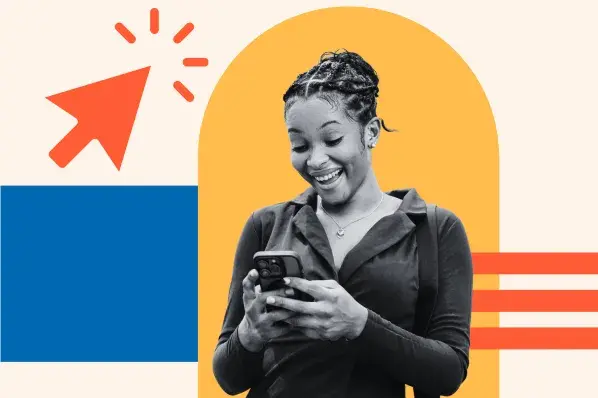
![The Most Common Leadership Styles & How I Found Mine [Expert Insights]](https://www.hubspot.com/hubfs/leadership-styles-4.jpg)

